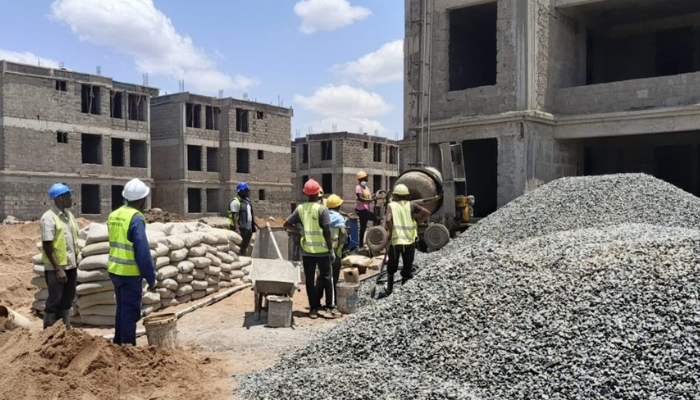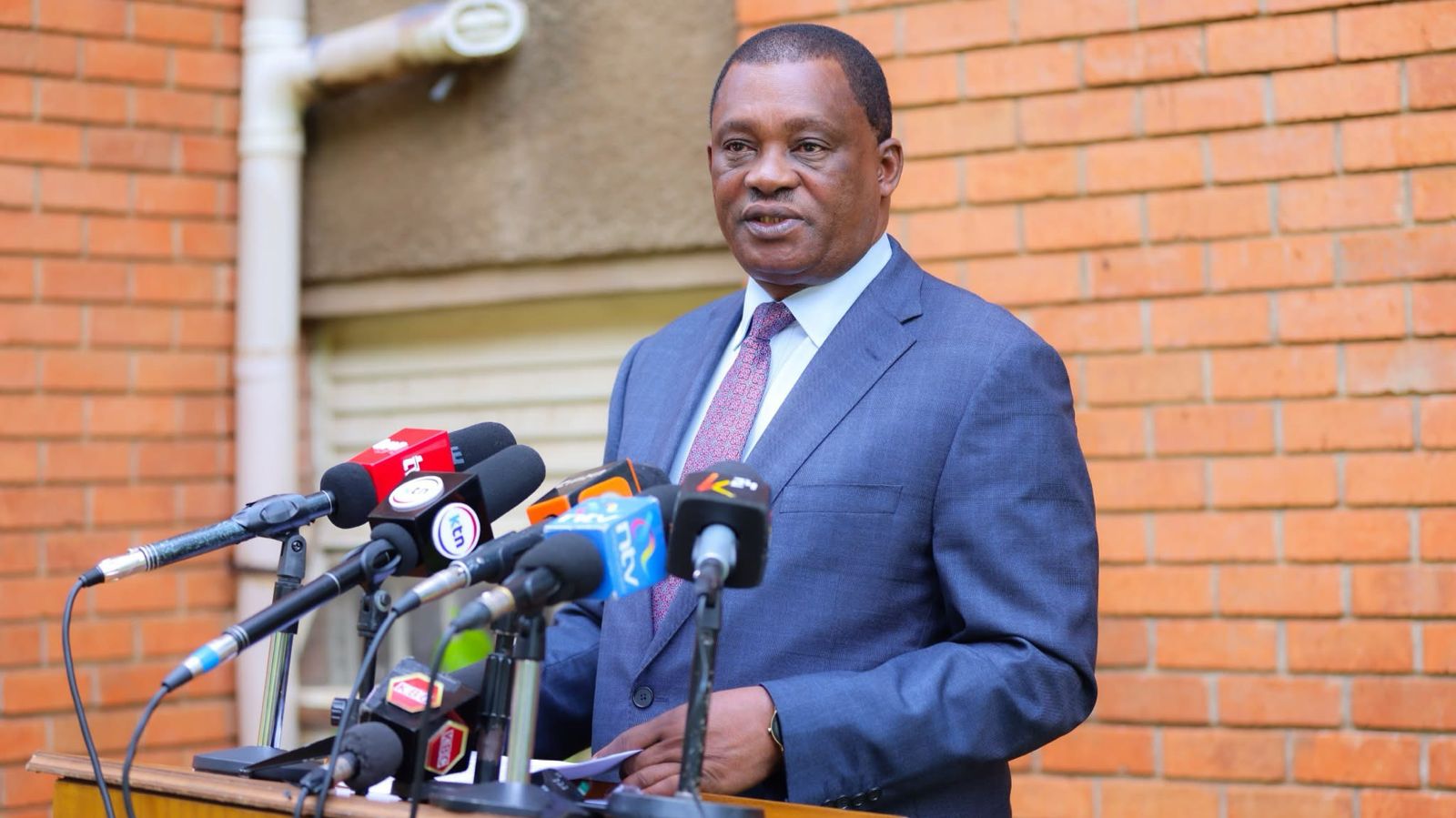The Ministry of Lands Public Works, Housing and Urban Development has clarified that the Housing Levy is a tax.
In a statement sent to the newsrooms on Thursday, February 20, the Ministry noted that the National Assembly Finance Act introduced the Housing Fund which was initially a savings contribution scheme, towards the Affordable Housing Program.
However, objections were raised on how to implement the Housing Fund and the matter was also challenged in court.
The National Assembly then passed laws transitioning the Housing Fund into the Housing Levy making it a tax.
“In March 2024, the National Assembly passed a law transitioning the Housing Fund into the Housing Levy which is a tax every employed Kenyan is required to fulfill. As a result, the rate was reduced to 1.5 percent per contributor to appease taxpayers. The levy is now shifted into tax, which will now be collected by the Kenya Revenue Authority (KRA) alongside other levies,” read part of the statement.
Read More

The Housing levy took effect on March 19, 2024, after the act was assented to by President William Ruto at State House Nairobi.
The Ministry explained that the money contributed to the Housing Levy goes to a national fund that helps finance the construction of affordable housing, develop necessary infrastructure, and expand access to homeownership.
The Ministry noted that despite paying the Housing Levy, Kenyans are required to pay again for the Affordable Housing units.
“While the levy plays a crucial role in funding the program, purchasing a home still requires a deposit and structured payments based on the selected financing option. This ensures that buyers secure ownership of their homes in a sustainable and manageable way,” the Ministry stated.
According to the ministry, the Housing levy indirectly benefits Kenyans by expanding the available housing stock, keeping home prices lower than market rates, and ensuring access to affordable financing options.
The Housing Levy is managed by the Affordable Housing Board which h operates under strict public finance management and accountability laws.
The Ministry of Lands also noted that the Housing Levy is not refundable however contributors will benefit from lower-than-market home prices and have access to affordable financing options like the Tenant Purchase Scheme (TPS) and low-interest home loans.
Further, the Alice Wahome-led Ministry said the Housing Levy payments are recorded under statutory deductions, and employed Kenyans can verify through their payslips and tax records for self-employed contributors.
“Since the levy is not a personal savings fund, it is not reflected in your Boma Yangu online housing account balance, but it plays a key role in making housing more affordable for all,” the statement added.
Additionally, the ministry emphasized that the Housing Levy is ring-fenced under the Affordable Housing Fund and can only be used for housing development, infrastructure, and financing support as mandated by the Affordable Housing Act, 2024.
On whether you can transfer levy deductions to a voluntary savings account, the ministry said Housing Levy and voluntary savings are separate and hence deductions can not be transferred.
However voluntary savings in the Boma Yangu e-wallet are accessible to you and can be used towards your home deposit.
-1702902135.jpg)

-1771490311.png)

-1771488677.png)

